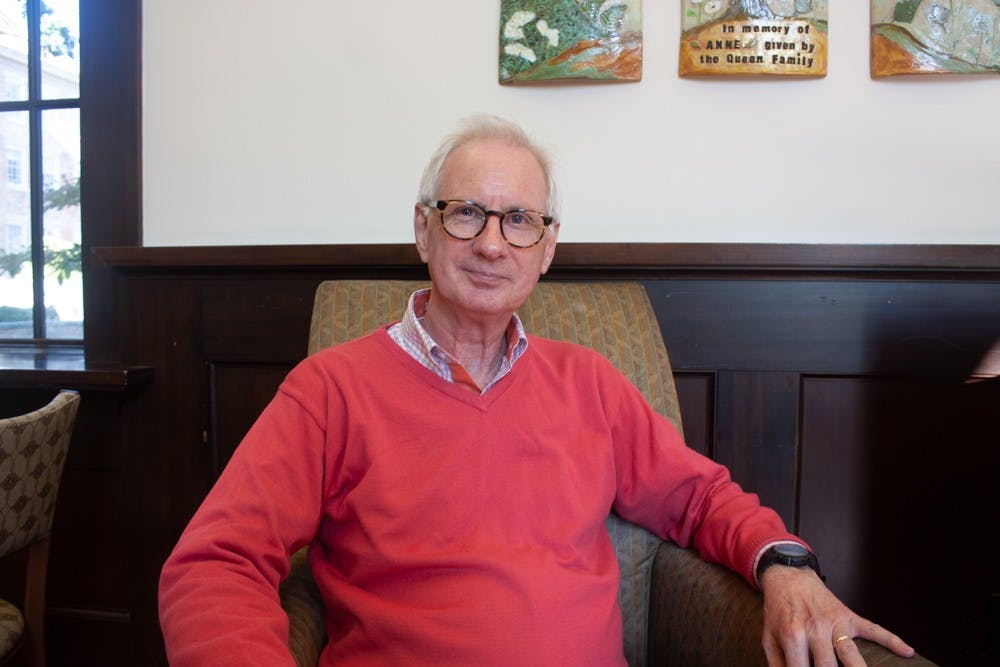Robert Allen, an American studies professor at UNC, can tell you exactly what kind of history you'll uncover with newly acquired admissions records from an almost 160-year-old psychiatric hospital.
Allen and the Community Histories Workshop team spent last December combing through records from Dorothea Dix Hospital, which was a psychiatric hospital in Raleigh from 1856 until it closed in 2012. According to the Center for Urban and Regional Studies, the discoveries made in these documents resulted in the first “comprehensive, searchable database for a nineteenth-century American insane asylum.”
“The red-volume admissions ledger is our Rosetta Stone. You open it up, and it’s like a 19th-century spreadsheet,” Allen said in an article published by the College of Arts and Sciences.
Sarah Almond, who is the assistant director of CHW, program manager for the Dorothea Dix Park History Initiative and a 2018 graduate of UNC’s School of Information and Library Science, said she and the rest of the CHW team are in the process of deciding how to manage their ethical obligations in terms of these records.
“We’re very conscious of how deeply interwoven the history of Dorothea Dix is into the fabric of this state and the families that live here,” she said. “One of the big questions we’ve been continually addressing is how much information we want to make available that identifies specific patients. Do we leave that to the families to decide? Do we contact the families? These are a lot of the things we’ve been going through.”
The materials uncovered about the patients at Dorothea Dix are being used in a SILS seminar course. Ph.D. student Eliscia Kinder, the teaching assistant, said it’s been interesting watching the students dissect and analyze the database from the TA perspective, since she took the course as a student in the Spring of 2019.
“It’s interesting to see how students interact with the data, how they interpret it, and then what they latch onto," she said. "It’s very easy to go down numerous rabbit holes. You have to reign yourself in because there are so many different ways this data can be interpreted."
Allen said what he and the CHW team are specifically looking at through their research at Dorothea Dix is the emergence of modern psychiatry and how that relates to North Carolina’s history and its present day.
“We started researching the first female patient at the hospital: a woman named Anna Cameron Kirkland. She was admitted in February of 1856. It turned out that her given name at birth was Anna Cameron, as in Cameron Avenue,” Allen said.



